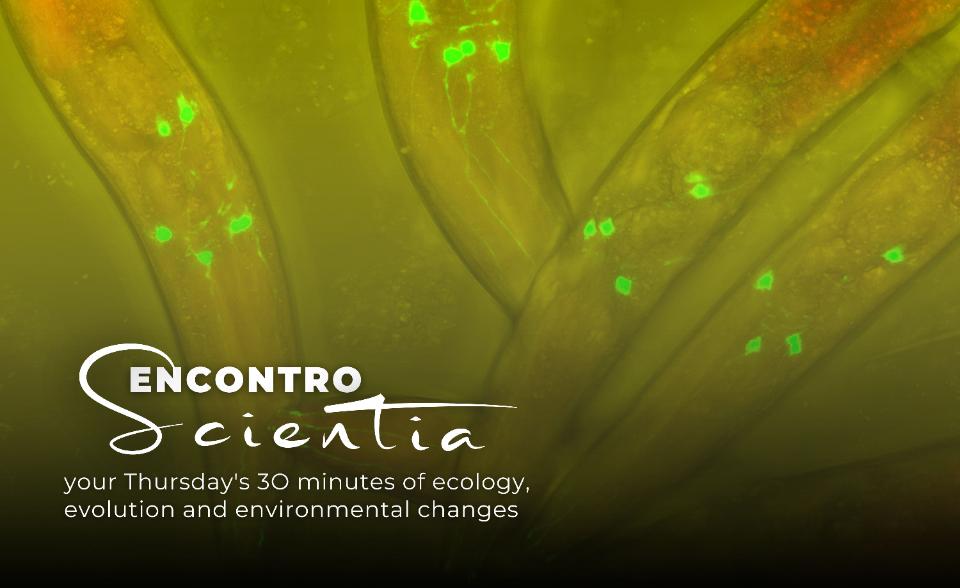-
Date:
02 May 2024
-
Location:
Room 2.2.14 - Faculty of Sciences of the University of Lisbon
-
Schedule:
12h00 (Lisbon time)
-
Lecturer or Responsible:
Ivo M. Chelo
-
Tags: Encontro Scientia

In person only
Experimental models serve as indispensable tools for advancing our understanding of complex biological processes by offering controlled environments conducive to investigation.
Among these models, Caenorhabditis elegans, a microscopic nematode, emerges as a cornerstone in experimental evolution studies owing to its brief generation time, well-annotated genome, and effortless genetic manipulation. By subjecting C. elegans populations to selective pressures across successive generations, we can witness evolutionary dynamics unfold in real-time, providing invaluable insights into fundamental concepts like adaptation and genetic drift.
In this presentation, I will delve into compelling examples showcasing how meticulously designed experimental setups leveraging C. elegans allow us to rigorously test central hypotheses in evolutionary biology, including those pertaining to adaptation and speciation. Moreover, I will demonstrate how these findings can be extrapolated to yield meaningful predictions regarding the efficacy of conservation strategies, particularly genetic rescue efforts.

